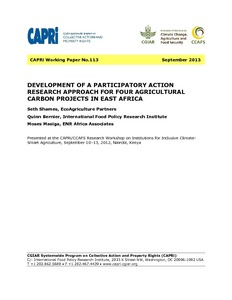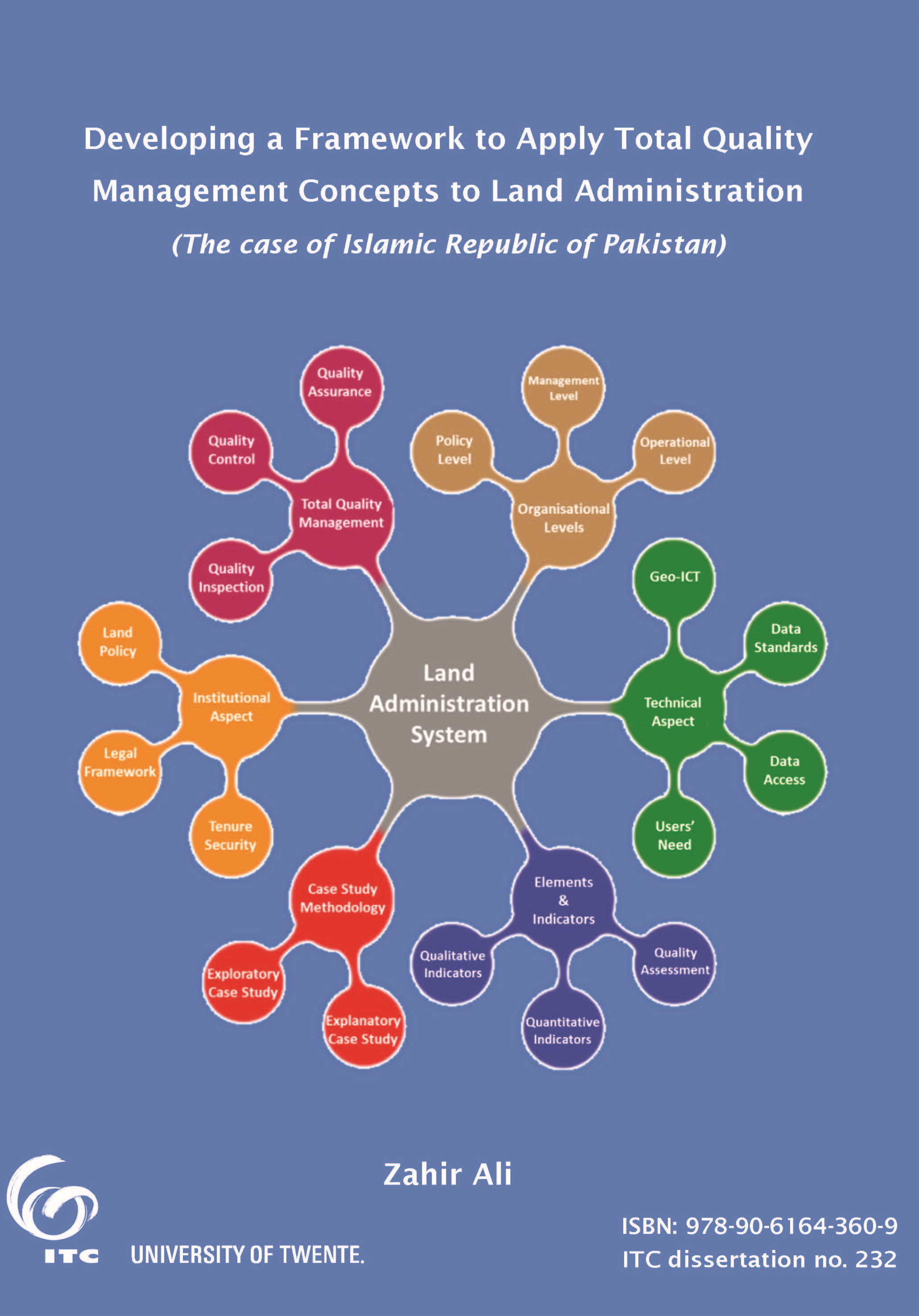Development of a participatory action research approach for four agricultural carbon projects in East Africa
This paper describes an action research process undertaken with four African agricultural carbon projects—CARE’s Sustainable Agriculture in Changing Climate Initiative in Western Kenya; World Vision’s Assisted Natural Regeneration Project in Humbo, Ethiopia; Vi Agroforestry’s Western Kenya Agricultural Carbon Project; and ECOTRUST’s Trees for Global Benefits in Uganda—to explore their institutional changes as project managers and communities work to build local capacity for project management.






